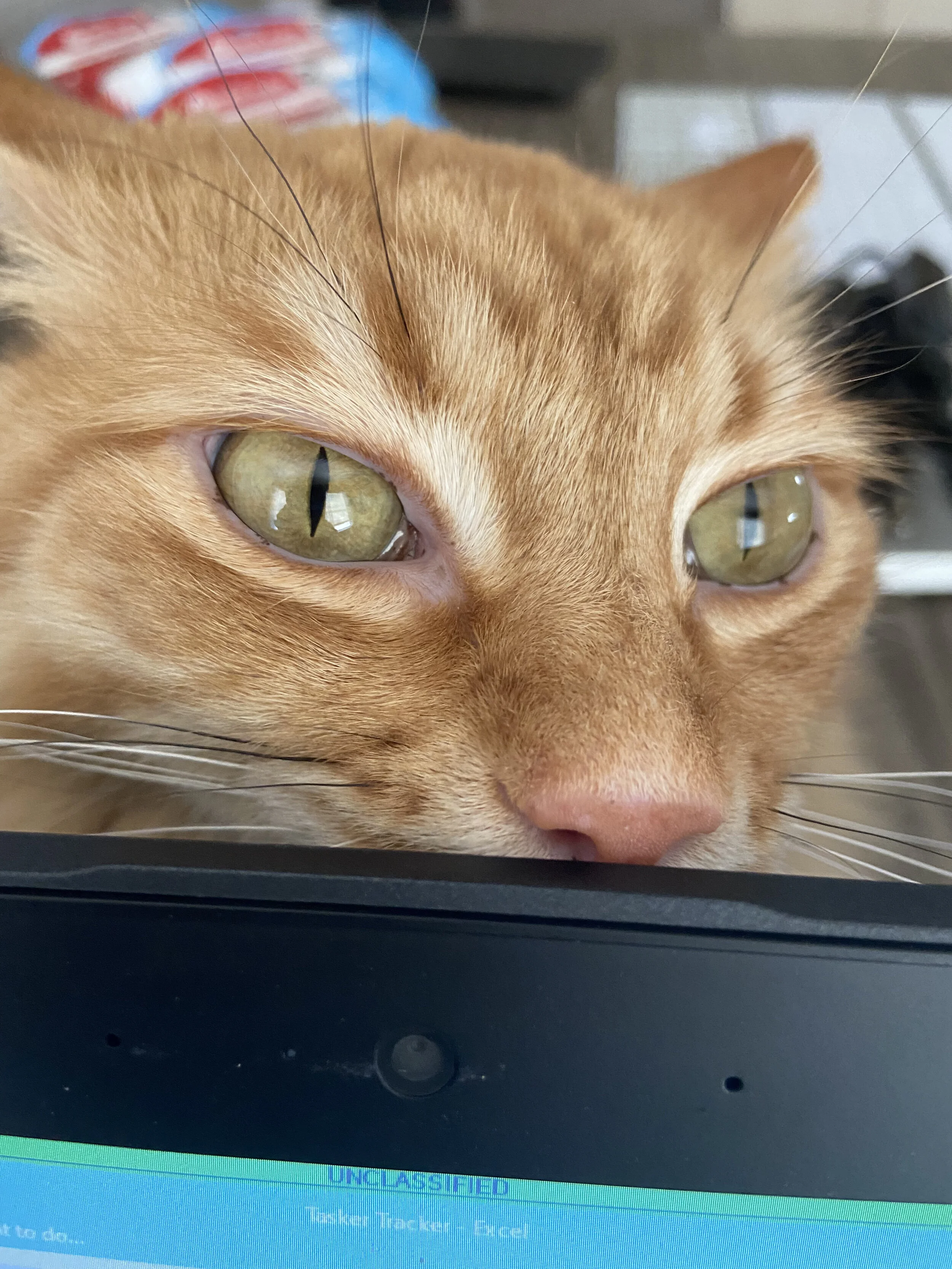Mysterious Mysteries and Why They're Important
It occurred to me the other day that I’ve mentioned explained/unexplained details as the make-or-break feature of many science-fiction movies.
Why do some sorta-explained details make it better while others ruin it?
Because it’s all about how they’re told.
***
World-building in movies is critical, it’s what establishes the world you’re peering into.
In some genres – like rom-coms and historical fiction – it’s a world you’re already familiar with. No one is expecting a kaiju to show up in the middle of a romantic dinner, or for George Washington to fight off an Ent after chopping down the cherry tree.
The world has already been formed, and you know about it, so the work is mostly done.
However, in science fiction (and fantasy), those worlds have to be constructed for you in a 90-to-150-minute window. The scenery and dialog and plot devices all have to converge very quickly to establish everything relevant that you need to know, most of which will be done with visuals and audio; trying to describe it all with narration or dialog would be an absolute nightmare to listen to.
So what’s the right way convey all of it in such a brief time?
Simple: don’t.
The best examples of successful science fiction world building are those where the world is laid out as is, and that’s that.
No handholding. No bogged narratives. No weird montage from ‘then’ to ‘now.’
The characters in the movies don’t need to be told why the world is the way it is, because they’re already living there, that’s their normal.
The fact that we’re not used to it is the entire point.
To elaborate:
In “I Am Mother” (2019), when Mother talked about humanity’s extinction, she didn’t bother to explain what humans did to themselves, or who built the bunker that Daughter lived in.
In “Passengers” (2016), we’re told that the Homestead Company had a series of colonies in a region of space called the ‘Charted Worlds’ and didn’t elaborate any farther than that.
In “Anon” (2018), director Andrew Niccol didn’t spend any amount of time explaining where our history divided from that of the movie, or how every human had an implanted AR system.
Meanwhile, it’s so easy for a movie to ruin itself with dialog that wants to be too detailed or explain everything.
An entire series can tank itself when a prequel tries to explain everything that a previous movie showed. We didn’t need to see where C-3PO came from, or learn what midichlorians were, or find out how Han Solo got his last name – those were all scenarios where the original stories were vague and followed the rule of not explaining things, only for some director to decide they needed to explain everything, as if somehow that was a fun Easter egg instead of a detail that destroyed the mystery.
So it’s with the above in mind that I reviewed “Ad Astra” so poorly (And “Mortal Engines” and “Wanted” and “Men in Black: International”…). There were aspects of that move that were good – deep-space travel is and always will be a fascinating topic.
But they weighed down their own story by sharing too many details, it ruined the mystery that the fun of the adventure was reliant on.
In “Ad Astra,” had the dialog simply mentioned that piracy existed, that would have been an entertaining detail to add to the background. They could have even had multiple conversations about it and built up the suspense, and as long as he didn’t actually get attacked, it would have resulted in an anxiety-inducing trip across the lunar surface as they hoped they’d reach their destination safely.
Instead, by including the pirates as an action scene and then not discussing it, the mystery was lost. I sat there and wonder who attacked and what they were trying to gain, but it wasn’t out of intrigued curiosity, it was sheer annoyance – it was just an unnecessary time-filler, magnified by its complete irrelevance to the rest of the movie.
***
Mystery is fun. It’s why we like watching sleight-of-hand magicians, even though we know their tricks don’t use actual magic. It’s why we like murder mystery movies and film theories – because those unanswered questions let our minds run wild.
If you ever decided to tell a fiction or fantasy tale: relish that wonder, don’t ruin it through over-explanation.



